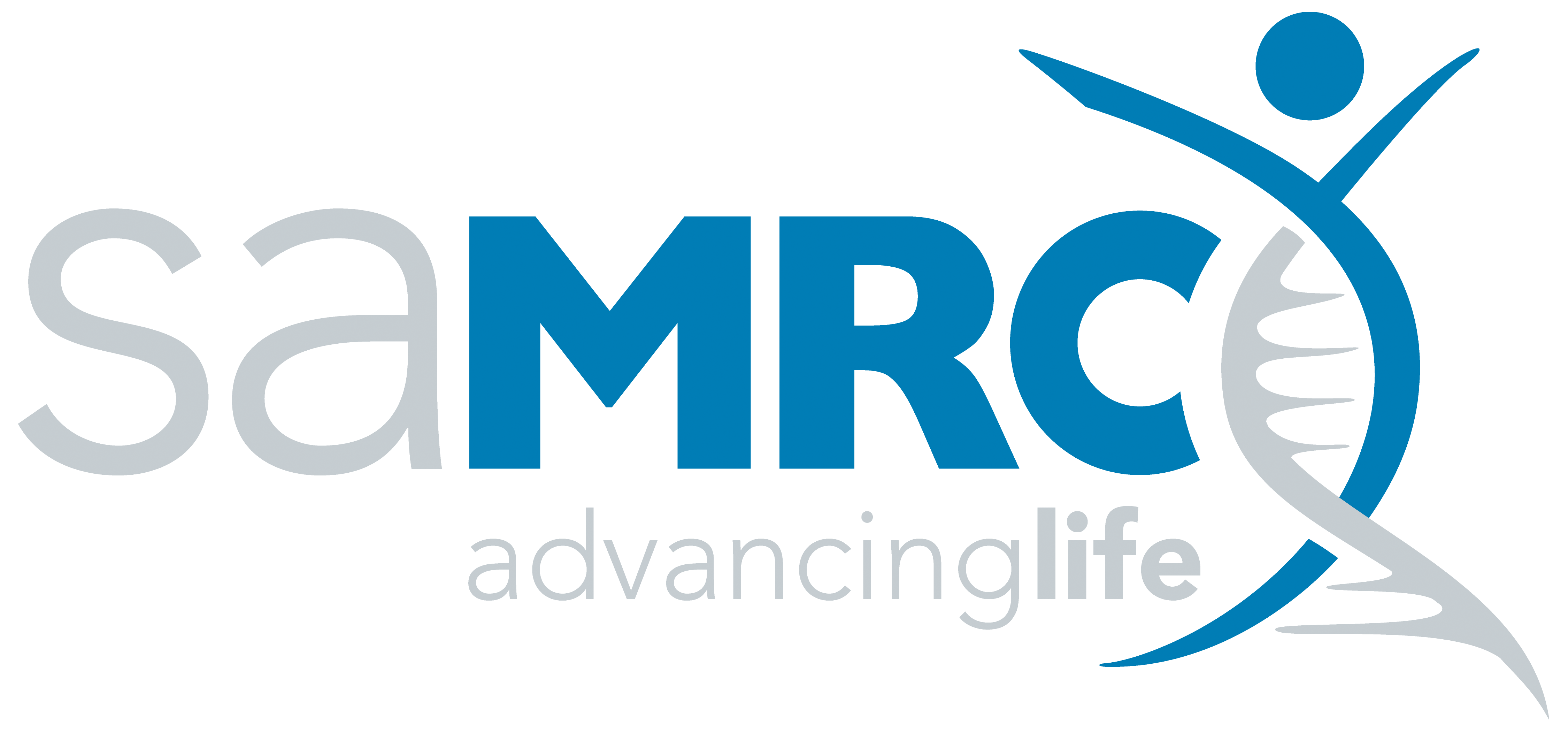Response to allegations of victimization, intimidation and harassment at the SAMRC
Cape Town | The South African Medical Research Council (SAMRC) was recently accused of victimization, intimidation and harassment in a Weekend Argus article: “Worker takes MRC to court” on Sunday, 27 October 2019. The SAMRC rejects the assertion by the journalist Bulelwa Payi, about victimization, intimidation and harassment of an employee. The entire case was entirely withdrawn long before Payi’s story by the accuser on 14 October 2019 and removed from the roll of cases due to be heard on 14 November 2019. Of necessity, the accusations against the SAMRC were withdrawn. Regardless of these easily ascertainable facts, Payi chose to proceed with a false narrative.
Furthermore, Court papers publicly filed of record in the same file as the accuser’s papers, set out the response of the SAMRC to the accusations made against it. Payi ignored to balance the story and report on the version of the SAMRC set out in the court papers publicly available. In addition, Payi chose not to afford the SAMRC the right to reply to her story. Therefore it is important to give background to the allegations published by Payi as follows:
The said employee (claimant), who has been permanently employed by the SAMRC for more than a decade, applied for a vacant post. The SAMRC shortlisted and interviewed five candidates. The said employee was ranked fourth (4th) out of the five (5) applicants interviewed and was unsuccessful. All due diligence was followed for the interview process, including a panel interview, structured job specific questions and a scoring matrix applied for the five interviews.
The decision based on the outcome of the interview process was communicated to the said employee. After being informed that she was not successful, the said employee embarked upon the internal grievance process against the SAMRC. The internal dispute resolution process did not find that the SAMRC had erred. A settlement agreement was subsequently signed by both parties at the end of this process. This settlement agreement stipulated:
- The SAMRC would grant the employee access to the current and future strategy of the Business Unit, to which the said employee is employed;
- the SAMRC would provide the employee with six (6) job descriptions to be used to model the formulation of the employee’s current job description;
- that the benchmarking of the employee’s role be halted to allow her to incorporate the strategy and information from the six (6) job descriptions;
- Human Resources would provide guidance on whether she would be placed as a result of a recruitment process or an automatic placement process; and
- this would occur within a month.
Notwithstanding that both parties signed this agreement, the employee embarked on a process at the CCMA. This process at the CCMA resulted in a further settlement agreement, which stated that the parties agreed that all previous disputes between the parties, including the prior agreement had been resolved, and the new job description was agreed upon and signed by both parties. The SAMRC implemented the content of the CCMA settlement agreement. The employee, despite signing both agreements, opted to refer the matter to the Labour Court. The employee reneged on both the internal and CCMA agreements.
The SAMRC has supported the employee to align herself with the requirements of the work environment, and preparing her for future career progression. The SAMRC has also supported the employee both directly and indirectly during this period, resulting in the said employee attaining a PhD while still being employed. The SAMRC rejects the article as unethical, nefarious, without fact or substance and further condemns the publishing of the article without offering the SAMRC the right of reply.
The SAMRC has as one of the strategic goals linked to our annual measurable performance indicators, the mandate to ensure transformation in science, by ensuring race, gender, and geographic diversity. Transformation in our staff complement is key to how we can support science that has an impact on the health and lives of people in South Africa. We have various programmes to support our goals, including but not limited to: A Transformation Forum, Five (5) Year Renewable Appointments for Unit Directors, Diversity Awareness Training, Coaching, Disability Awareness Programme, Succession Strategy for Executives, and an Employee Wellness Programme.

